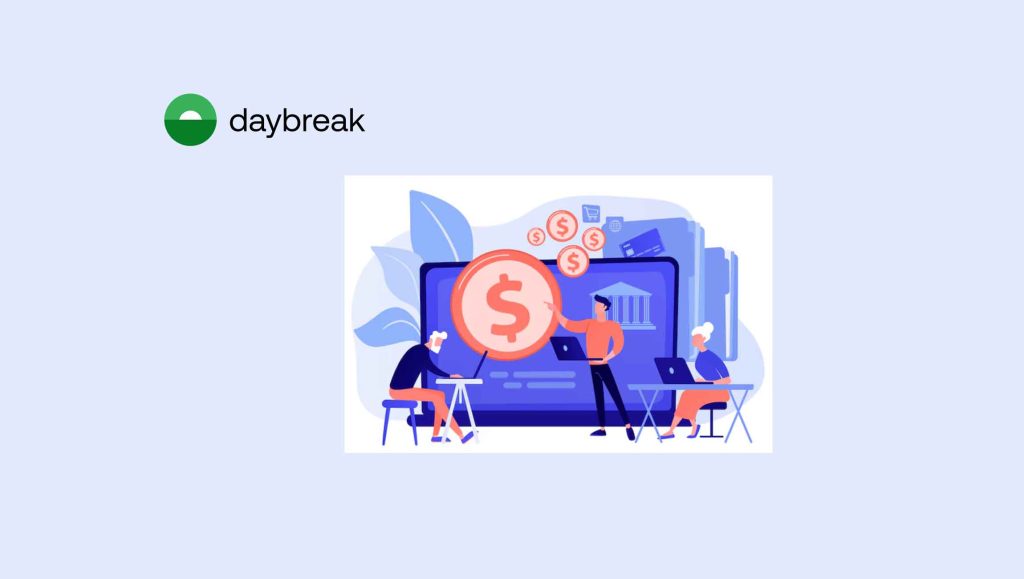A new study released by online brand protection software provider, Incopro, has found that a core group of repeat sellers are responsible for a disproportionate share of illicit activity on online marketplaces and social sites. In the study, Incopro analyzed more than 1.5 million automated requests, sent on behalf of 750+ brands between November 2019 and November 2020, asking for illicit offers for sale to be removed across 34 global marketplaces and social sites. Incopro found that one in five of its automated requests to remove fake listings related to 3% of illicit sellers.
Read More: Acorio Adds Vice President Of Consulting Services And Names New ServiceNow Practice Leads
I hope this study will inform and accelerate legislative change, driving a consistent approach to seller verification and sanctions for repeat illicit activity.” — Simon Baggs, CEO and co-founder of Incopro.
In the report, titled: “Three Strikes and Out: How Ecommerce Platforms Can Protect Consumers from Repeat Offenders,“ Incopro also explores the connection between repeat sellers of illicit goods and services and the monetary gain that could be secured if online marketplaces and social sites were to implement two baseline requirements: (1) all seller identities should be verified; and (2) all sellers should be removed from the marketplace or social site if identified as selling illicit goods and services on more than three occasions (“three strikes”). Implementing a uniform approach could significantly reduce illicit sales and save up to $78B of losses annually.
“With the pandemic driving an accelerated shift to online retail, it is critical that more is done to protect brands and consumers,” said Simon Baggs, CEO and co-founder of Incopro. “We are seeing huge increases in brand misuse, a trend which has already caught the eye of legislators in the United States and Europe. I hope this study will inform and accelerate legislative change, driving a consistent approach to seller verification and sanctions for repeat illicit activity.”
Read More: Signifyd Closes $205 Million Funding Round To Extend Identity-Centric Commerce Protection Across…
According to Incopro’s study:
- The most aggressive, repeated use of ecommerce operations to infringe rights and harm consumers comes from only 3% of illicit sellers. Incopro defined this group as sellers whose listings have been flagged to online platforms on more than three separate days.
- 21% of all the removal requests sent to online platforms by Incopro concerned the most aggressive group of repeat illicit sellers; hence, one out of five illicit offers for sale are generated by a core of 3% of wrongdoers.
- Currently, 68% of the online marketplaces and social sites analyzed (23 of 34) have some policy in place to tackle repeat sellers of illegitimate goods; however, only three of these platforms have publicly announced, strict “three strikes” policies that consistently result in banning repeat illicit sellers: Alibaba, Aliexpress, and Taobao.
- A minimum of 11% of all harmful online offers could be stopped immediately if robust seller verification was combined with a consistently implemented “three strikes” model (i.e., banning flagged sellers after three separate days of enforcement). This figure rises to 24% if the removal policy were applied more strictly (i.e., banning sellers after three non-genuine listings).
According to The Global Brand Counterfeiting Report, monetary losses suffered by the public due to online counterfeiting are estimated at $323B annually. If consumers are exposed to 11% fewer non-genuine offers on ecommerce platforms worldwide (per Incopro’s findings above), this would amount to $35B saved — and $78B saved with stricter policies. The equivalent revenue would also be captured by the true rights holders selling legitimate products and services.
Added Baggs: “Nearly two thirds of consumers lose trust in a marketplace after being deceived by a counterfeit seller, according to a recent Incopro consumer survey. Platforms have much to gain from instituting stricter measures that lead to the removal of repeat sellers of illicit goods and services, including a reduced admin workload and increased trust in their own brands.”





















